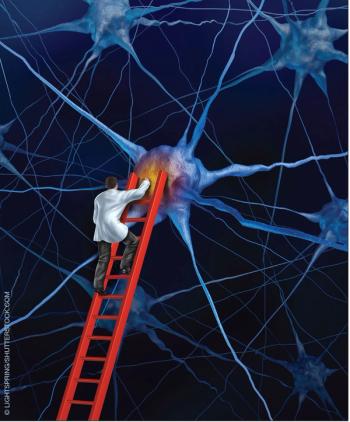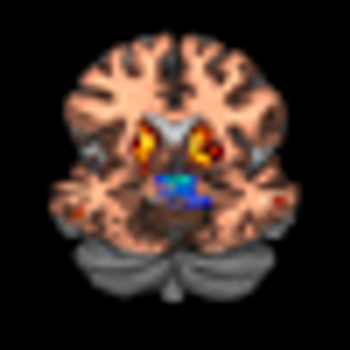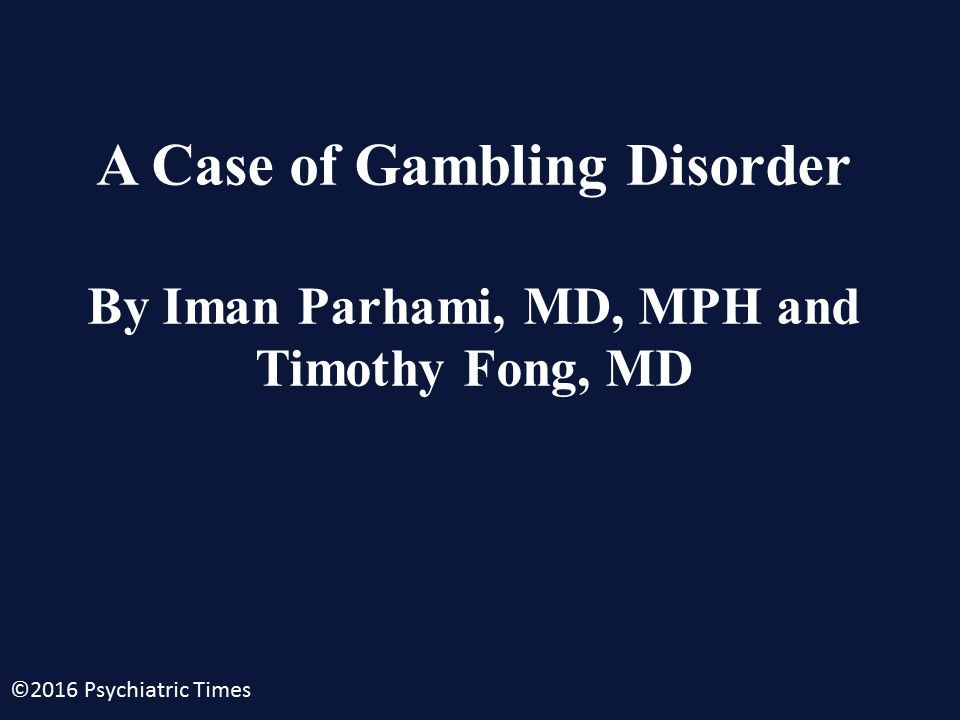
Impulse Control Disorder
Latest News
Latest Videos

CME Content
More News

The authors explore ways to address aggression in clinical practice and examine the potentially dangerous impulsivity-violence link across a broad range of conditions.

Suicide and self-harm are often linked to impulsivity, but what do empirical evaluations of this link actually show? This association is discussed and challenged in this article.

The challenges of recognizing behaviors such as hypersexuality, gambling, and excessive buying in Parkinson disease are discussed, as are ways to address them while still managing the underlying condition.

Now placed “substance-related and addictive disorders” in DSM-5, gambling disorder has similiarities to other behavioral addictions, such as “food addiction” and “Internet gaming disorder.”

Impulse control disorders are common psychiatric conditions in which affected individuals typically report significant impairment in social and occupational functioning, and may incur legal and financial difficulties as well.

One of the impulse-control disorders, Intermittend Explosive Disorder includes serious acts of aggression against person or property that are completely out of proportion to any provocation.

A brief report recently published in Science confirms the key role of dopamine (DA) in impulsive behavior. The researchers found that impulse control directly correlated with the amount of DA released in the striatum.

Gambling has become a major recreational activity in the United States. Formerly confined to a few states such as Nevada and New Jersey, legal gambling opportunities have exploded across the nation in the past 2 decades.

A review of targeted treatment strategies for symptom domains when impulsivity and compulsivity become dysfunctional.

Traumatic experiences are linked with a continuum of mental disorders and physical complaints. In the United States, posttraumatic stress disorder (PTSD) occurs in approximately 8% of adults during their lifetime, with different trauma types associated with varying rates of illness. PTSD is commonly associated with comorbid mental conditions such as depressive disorders, other anxiety disorders, impulse control disorders, and alcohol abuse.

Published a decade ago, the original National Comorbidity Survey focused largely on anxiety and depression. In an exclusive interview, the survey's designer, Ronald C. Kessler, Ph.D., talks with Psychiatric Times about the just-published replication study, which found that the combined lifetime prevalence of impulse control disorders is higher than that for either mood or substance use disorders.







